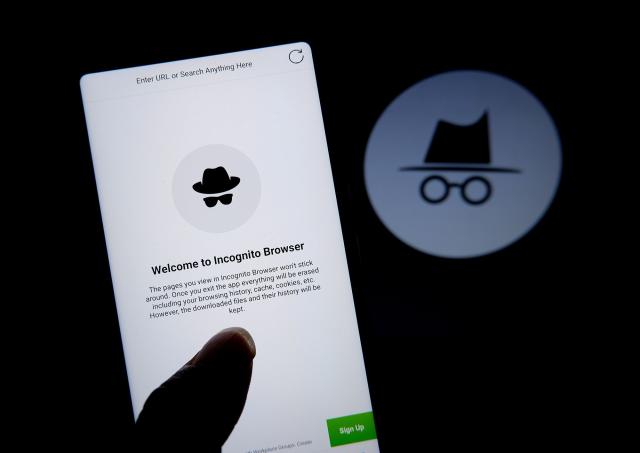In a landmark settlement, Google has pledged to destroy browsing data to resolve a class-action lawsuit alleging that the company tracked users’ web-browsing activities without their consent while using the “Incognito” mode in Chrome. This development underscores the growing concerns over data privacy, transparency, and accountability in the digital age. In this article, we will delve into the details of the settlement, examine its implications for Google and users, and explore the broader implications for data privacy and consumer rights in the era of big tech.
Background of the Lawsuit: The class-action lawsuit, filed in 2020, accused Google of misleading users about the privacy features of its Chrome browser’s “Incognito” mode. Plaintiffs alleged that Google failed to adequately disclose its data collection practices, including tracking users’ browsing histories and website visits even in private browsing mode. The lawsuit highlighted the discrepancy between Google’s marketing claims and its actual data collection practices, raising questions about user consent and transparency.
Settlement Terms and Actions: As part of the settlement, Google has agreed to take several remedial actions to address the concerns raised in the lawsuit. These actions include the destruction of billions of data points collected during private browsing sessions, updates to privacy disclosures to provide users with more transparent information about data collection practices, and the option for users to disable third-party cookies in private browsing mode. While the settlement does not include monetary damages for individual users, it allows users to file claims for compensation.
Implications for Google and Users: The settlement represents a significant development for Google, as it requires the company to retroactively delete valuable user data while also improving transparency and user controls over data privacy. For users, the settlement offers reassurance that their privacy rights are being upheld and that tech companies are being held accountable for their data practices. However, questions remain about the effectiveness of such settlements in deterring future privacy violations and whether they adequately compensate affected users for potential harm.
Broader Implications for Data Privacy: Google’s Incognito settlement has broader implications for data privacy and consumer rights in the digital ecosystem. It highlights the challenges of balancing innovation and convenience with privacy and security concerns. As technology continues to evolve, policymakers, regulators, and industry stakeholders must collaborate to establish clear guidelines and regulations to protect user data and ensure accountability among tech companies. The settlement also underscores the importance of transparency, informed consent, and user empowerment in shaping the future of data privacy.
The settlement between Google and plaintiffs in the Incognito lawsuit marks a significant milestone in the ongoing debate over data privacy and digital rights. While it represents a step towards greater transparency and accountability, it also raises important questions about the adequacy of legal remedies in addressing systemic issues in the tech industry. As technology continues to advance, it is essential for stakeholders to remain vigilant in safeguarding user privacy and promoting responsible data practices to build a more trustworthy and ethical digital ecosystem.
